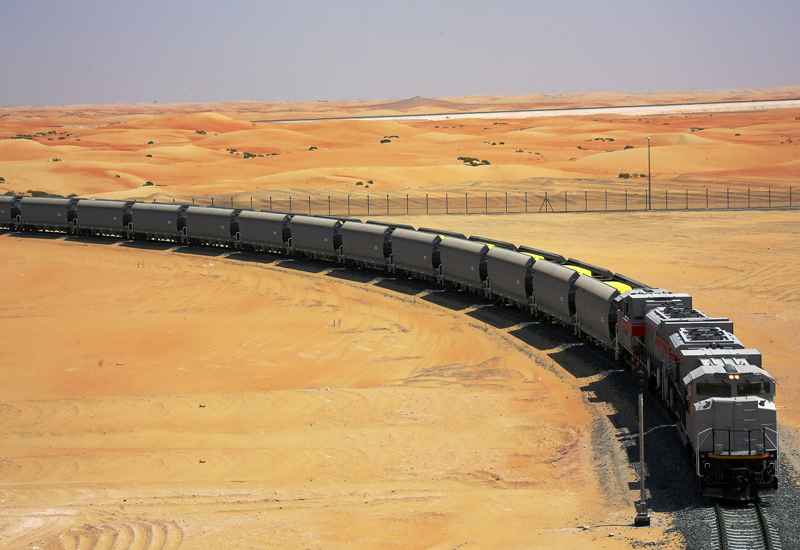The United Arab Emirates and Oman have taken a major step toward enhancing regional connectivity by signing a preliminary agreement for the first cross-border freight rail link. The partnership involves Noatum Logistics, part of AD Ports Group, and Hafeet Rail. Officials say the project will connect Abu Dhabi with Sohar, opening a new era in Gulf logistics.
The rail link is expected to boost trade between the two nations, providing a faster, more efficient, and eco-friendly alternative to road transport. Analysts note that the project supports sustainable logistics, reduces carbon emissions, and strengthens the movement of goods across borders.
The agreement marks a strategic partnership aimed at improving regional supply chains. By connecting key industrial hubs, the rail network will streamline cargo movement, reduce transport costs, and facilitate smoother cross-border commerce. Experts highlight that this initiative aligns with broader efforts to modernize infrastructure and enhance economic cooperation in the Gulf region.
Officials emphasize that the rail link will serve multiple sectors, including manufacturing, logistics, and port operations. The project is designed to accommodate a range of cargo, from bulk commodities to containerized goods, ensuring flexibility and efficiency for businesses. Analysts predict that improved connectivity will encourage trade growth and stimulate investment in both countries.
The rail initiative is also seen as a critical step toward sustainable transport. By shifting freight from roads to rail, the project aims to reduce traffic congestion, lower fuel consumption, and cut greenhouse gas emissions. Experts highlight that environmentally friendly logistics solutions are increasingly vital for meeting regional sustainability goals.
Noatum Logistics and Hafeet Rail have outlined plans to integrate advanced technology and modern infrastructure into the rail system. This includes digital tracking, automated handling, and real-time monitoring to optimize operations. Officials say these features will enhance reliability, reduce delays, and improve overall efficiency across the network.
The Abu Dhabi–Sohar corridor is expected to become a central artery for trade between the UAE and Oman. Analysts note that the route will strengthen economic ties, facilitate investment, and open new business opportunities. Businesses along the corridor are likely to benefit from faster delivery times and lower transportation costs.
This agreement also reflects a broader strategy by both nations to improve regional logistics and supply chain resilience. Officials stress that cross-border cooperation in infrastructure projects is key to supporting economic diversification and long-term growth. Analysts believe that similar initiatives could expand connectivity across the Gulf in the coming years.
In addition to trade benefits, the freight rail project is expected to create jobs and stimulate local economies. Construction, operations, and maintenance will provide employment opportunities, while the improved transport network may attract further investment in industrial and logistics hubs.
Overall, the UAE–Oman freight rail agreement marks a milestone in regional transportation and sustainable logistics. By combining advanced technology, eco-friendly solutions, and strategic connectivity, the project is set to transform trade, strengthen supply chains, and enhance economic collaboration between the two Gulf nations.



